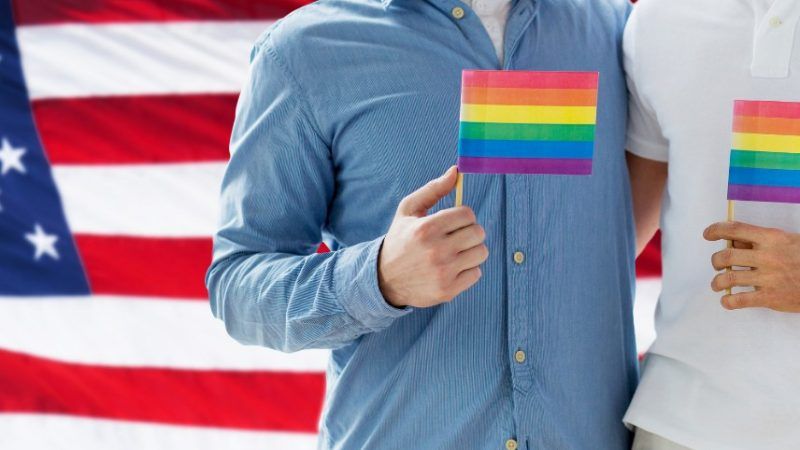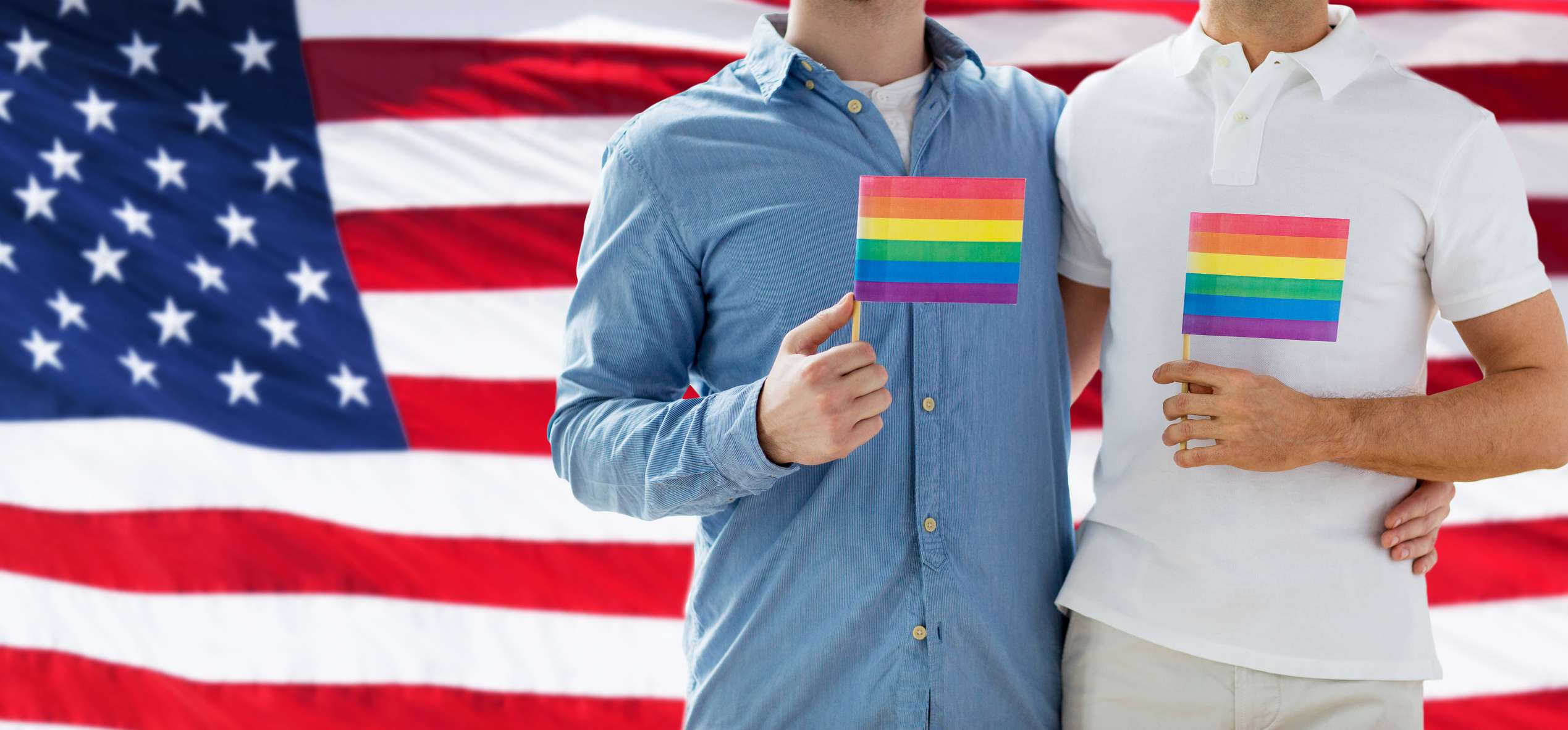I Don't Want to Tell the Census That I'm Gay. Don't Erase Me.
Stop trying to draft me as a data point for your federal lobbying efforts.


Two parts of the upcoming 2020 federal Census have gotten a lot of people upset. First, it will ask people if they're U.S. citizens. Second, it will not ask people if they're gay, bisexual, or transgender.
In all likelihood, there's an overlap: People upset about one are upset about the other, despite the contradiction. That's because they care about the Census to the extent that the answers to the questions can be used to control and influence government. Matt Welch has noted correctly that asking about citizenship is a deliberate effort to undercount illegal immigrants in order to alter the Congressional district map landscape in ways that will be more friendly to Republicans. Democrats and progressives are definitely not happy about that.
For the LGBT question, the exact opposite is happening: People who want a head count of gays and transgender people believe the data will then be valuable in influencing federal policies and spending on projects that benefit LGBT people—or, more accurately, to benefit certain LGBT organizations.
I blogged about this when the outrage first hit a year ago, but now there's a new round of complaints (much of it from people not checking the dates on the stories they're linking to) and some insultingly bad headlines. The Daily Beast claims "Gay and Single? Bisexual? Transgender? The 2020 Census Still Erases You." No. It doesn't. The census is still counting you. It's just not asking your sexual orientation, unless you're in a same-sex relationship. Your body will still be used to determine how many seats your state gets in Congress.
I remember back in the day when it was religious conservatives who wanted to treat gay people as though we were nothing more that our sex lives. What the hell happened here?
It's about the money. Here's how NPR is covering the lack of LGBT questions:
"If this is about how resources are spent or given to communities and we are talking about the LGBTQ community, not everyone is married or in a relationship," says Ronald Lewis, an out gay man who is currently single.
So I guess I won't be getting some check from the feds for being a single gay man. But that was never going to happen anyway. We're talking about lobbying for federal funding for particular projects. This is about pork-barrel spending.
Here's a paragraph in that same NPR piece that's worth picking apart:
But the questionnaire won't have a space for him and other LGBT people who are not living with a spouse or unmarried partner to indicate their sexual orientation. That means for now, there are no reliable national data about how many LGBT people live in the U.S. that can inform public policy.
No, that's just simply not true. First, there is a lot of scientific polling—extensive amounts of polling—about LGBT populations across the United States. Some of it is even by the federal government, via the National Health Interview Survey. You can look at some of the data on this Wikipedia page.
To the extent that those data are not reliable, they're not going to be any more reliable than data gathered by the U.S. Census. That's for the exact same reason that the data the Census collects on citizenship is sketchy: It's only as accurate as people's responses. Many people are not comfortable with telling the government their sexual orientations and will see it as a breach of their privacy.
But this isn't about getting an accurate count. It's about using data to push for policies or funding for groups who claim to represent LGBT people, regardless of whether they actually do.
Count this gay dude out. I'm not going to have my body used to lobby for spending that I probably don't agree with. If they ever add sexual orientation questions to the Census, I won't be answering. The purpose of the Census is to determine congressional representation. Beyond that, feel free to "erase" me from whatever other spending plans you have in mind.


Show Comments (101)